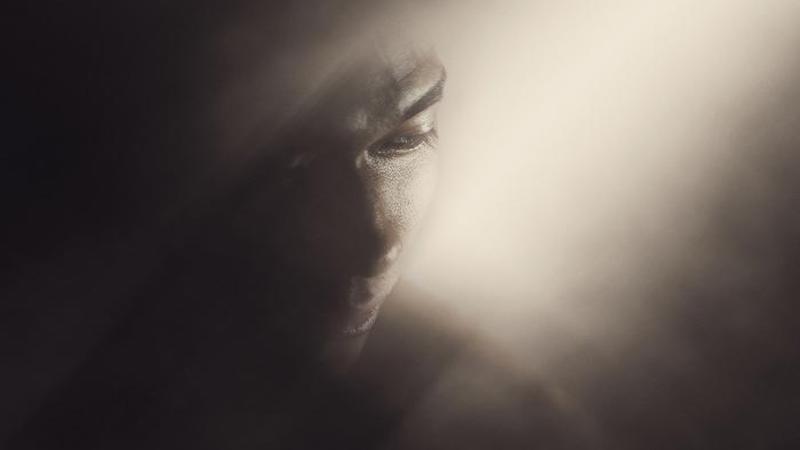
In a new study, feelings of distress and reduced ability to cope with stress were associated with traditional paranormal beliefs, but not with new age philosophy. Kenneth Drinkwater Ph.D. of Manchester Metropolitan University, U.K., and colleagues present these findings in the open-access journal PLOS ONE.
Prior research has suggested that paranormal belief, in general, is not linked to poorer psychological wellbeing, but that certain facets of paranormal belief, such as superstition, may be linked with stress vulnerability. However, much of this research relies on a questionnaire known as the Revised Paranormal Belief Scale, which has statistical issues that limit its usefulness.
A different version, known as the Rasch purified Revised Paranormal Belief Scale, aims to improve on the earlier scale. To help deepen understanding of potential links between paranormal belief and stress, Drinkwater and colleagues had 3,084 people complete this scale alongside a questionnaire evaluating different facets of perceived stress.
A key feature of the Rasch purified Revised Paranormal Belief Scale is that it differentiates between two dimensions of belief: first, traditional paranormal belief, which deals with cultural concepts of traditional religious belief and witchcraft, and second, new age philosophy, dealing with individual paranormal abilities known as psi, spiritualism, and precognition.
Analysis of the study participants’ responses revealed that people who scored higher for traditional paranormal belief tended to show elevated distress and reduced feelings of being able to cope with stress. However, belief in new age philosophy was not statistically linked to any tendencies regarding distress or coping.
These findings are in line with the idea that traditional paranormal belief reflects anxiety about a lack of control over external forces that influence one’s existence. However, the authors note that this study was exploratory and does not support any cause-effect relationship.
More research will be needed to clarify the relationship between paranormal belief and stress. The authors suggest that such research is important because paranormal belief can influence people’s everyday behavior and attitudes, such as those regarding alternative medicine, antivaccination, and conspiracies.
The authors add: “Findings support the notion that traditional paranormal belief is associated with external control, specifically the notion that unknown supernatural forces/powers influence existence. However, additional research is still needed if we are to further explore these fascinating relationships in connection to perceived stress, wellbeing and coping styles.”

